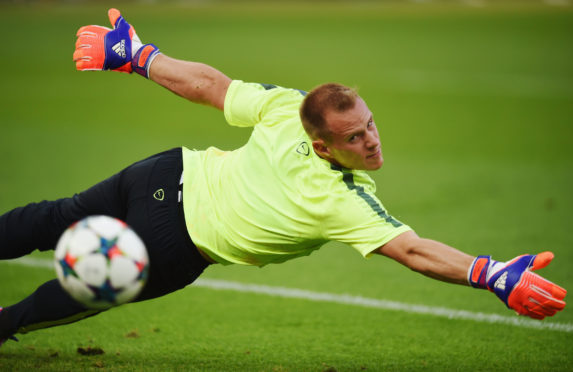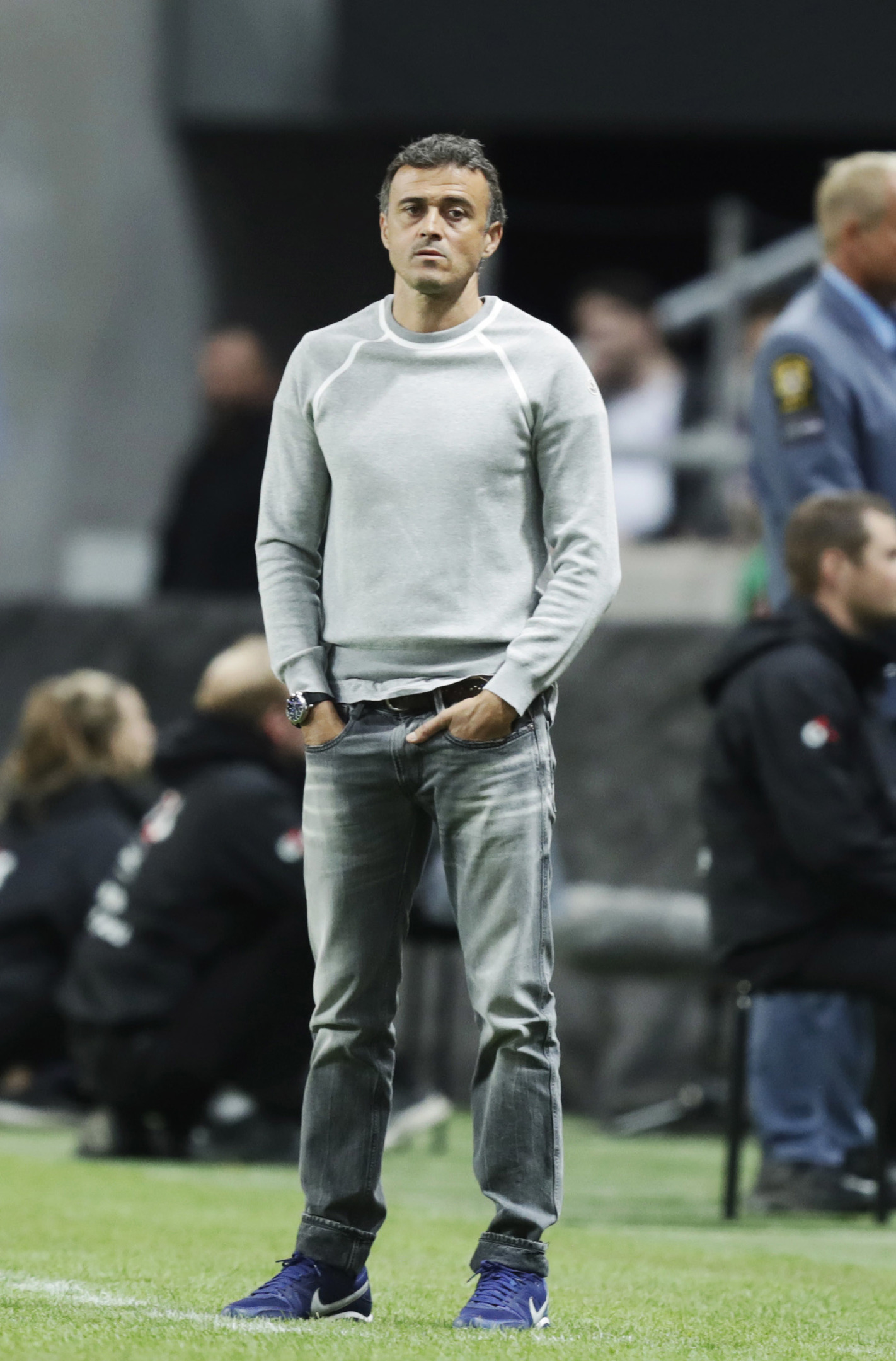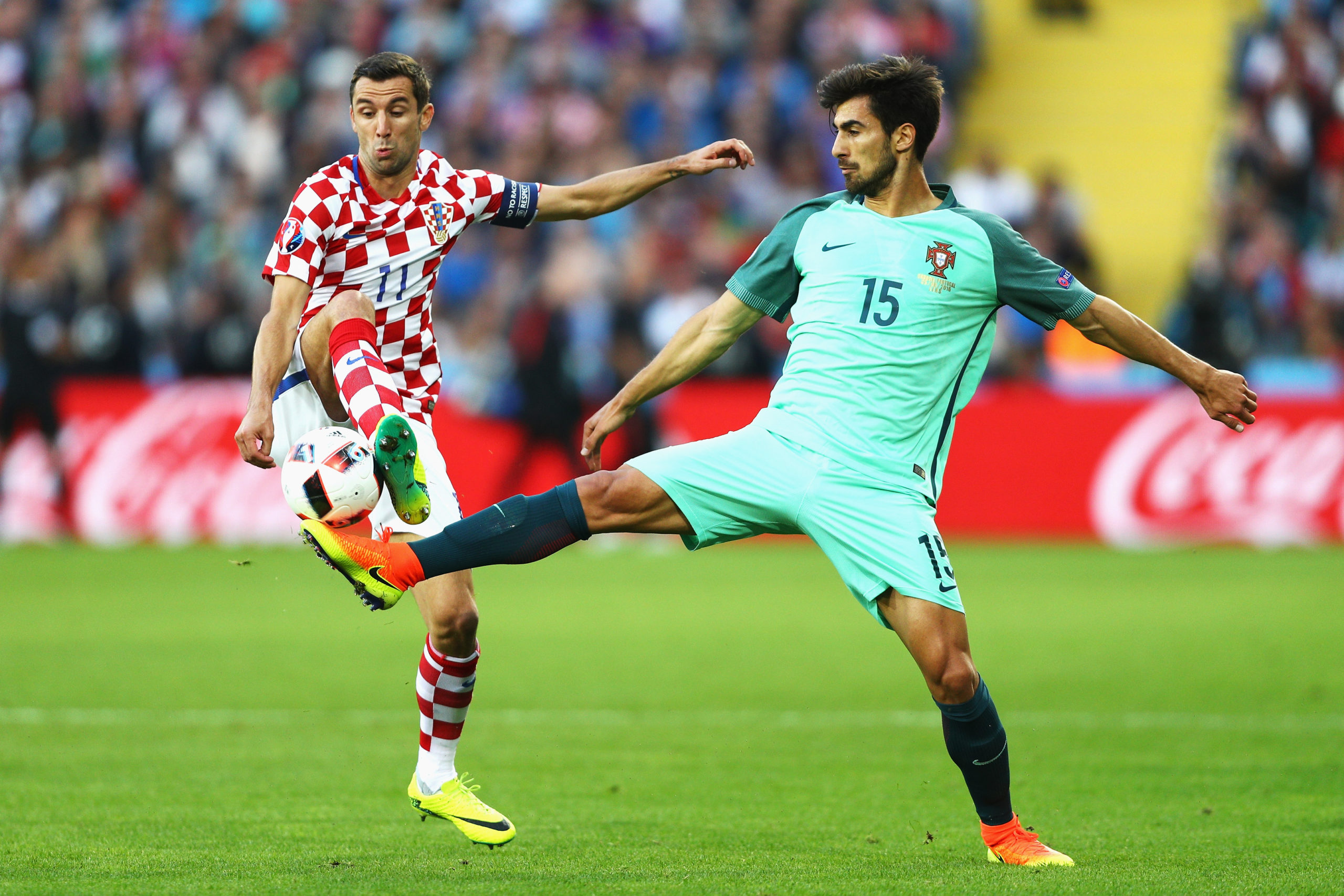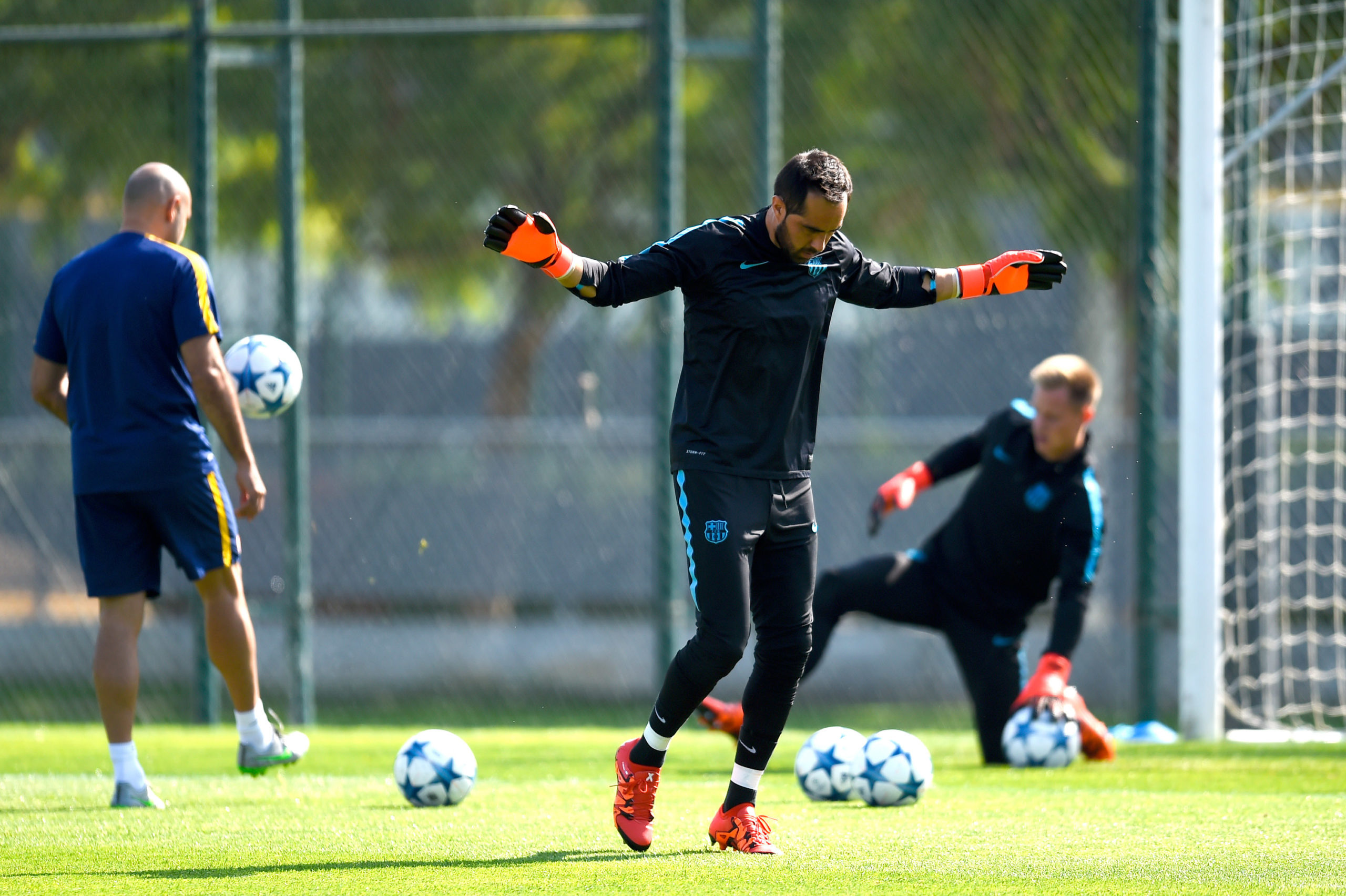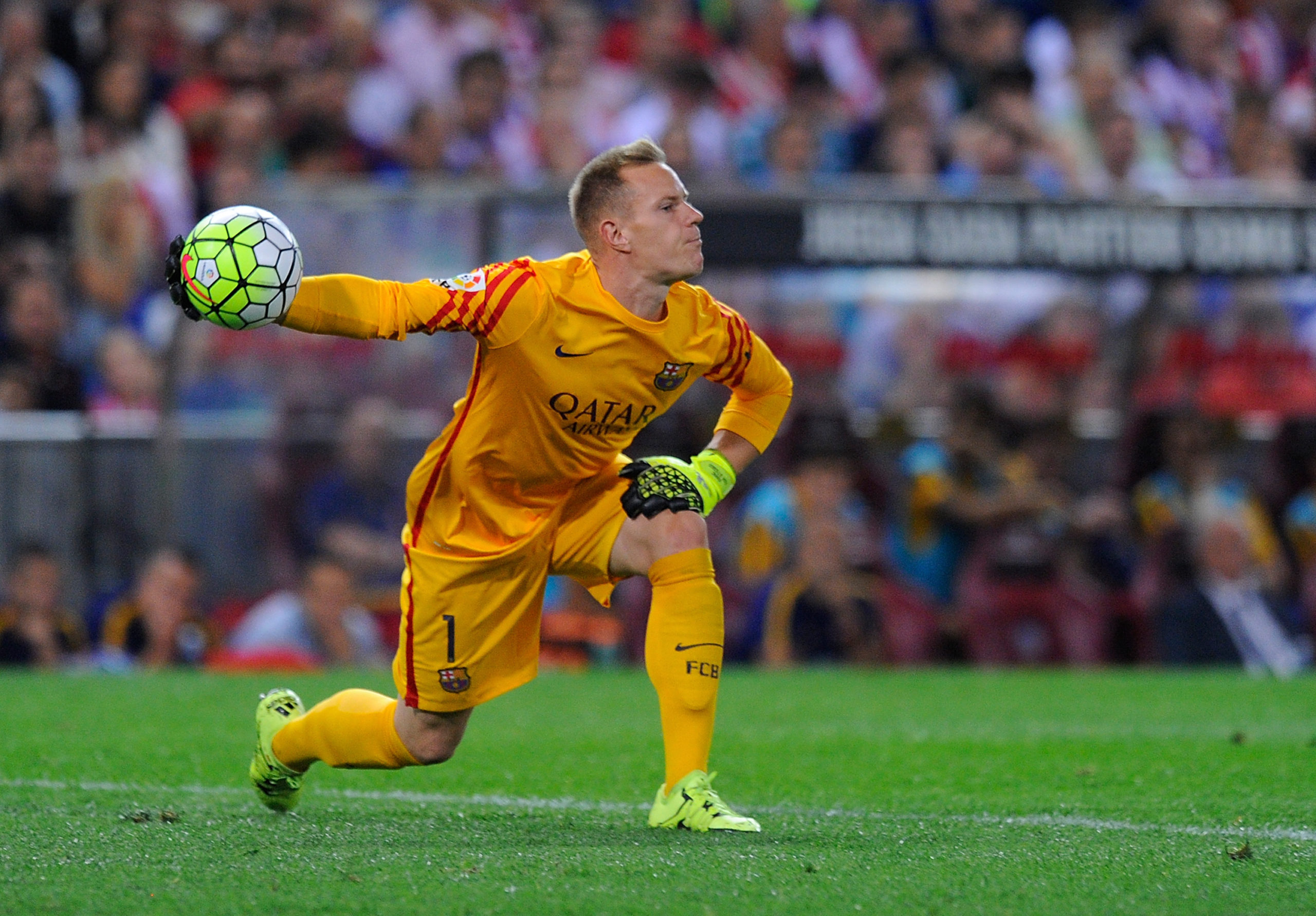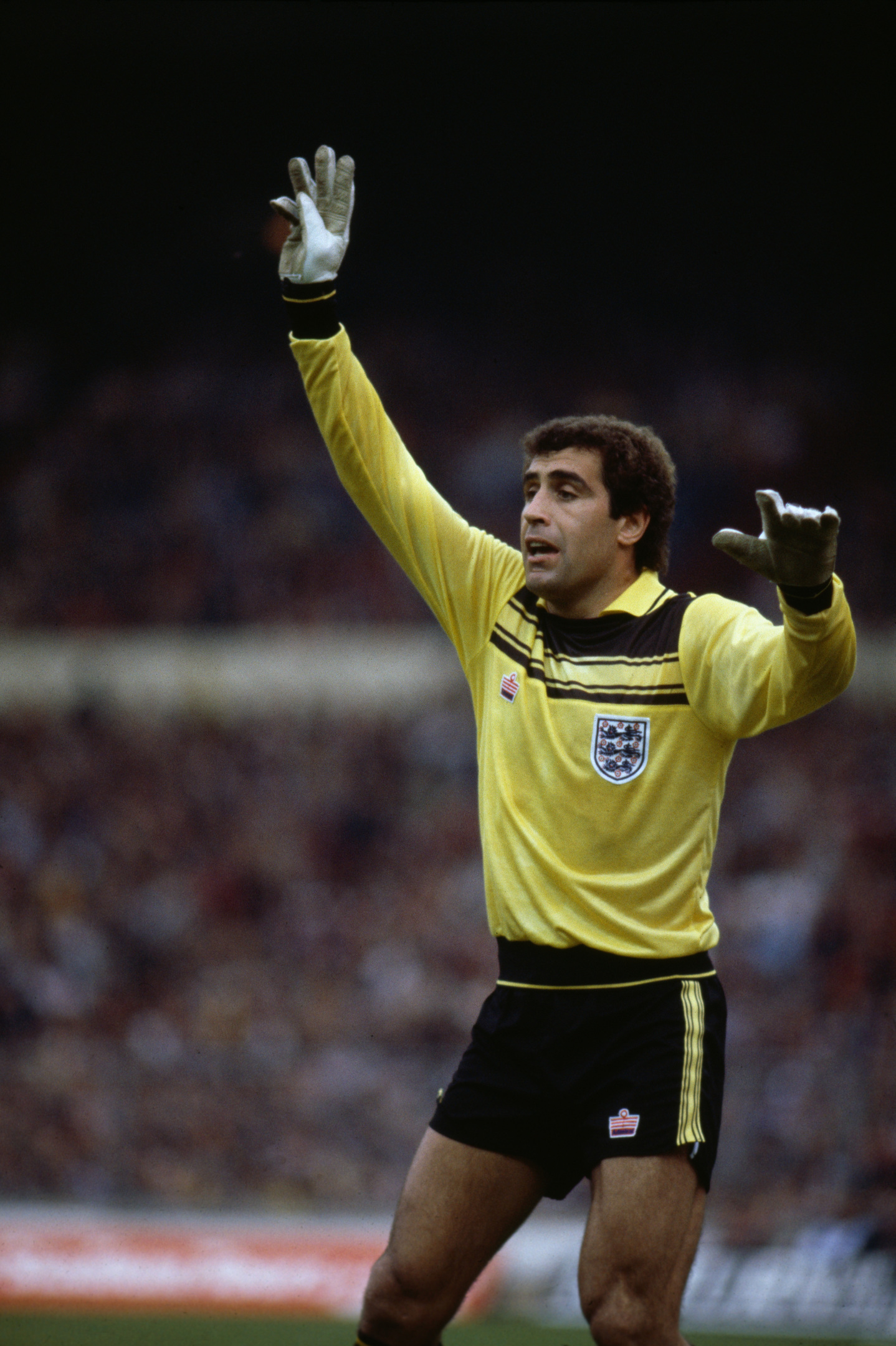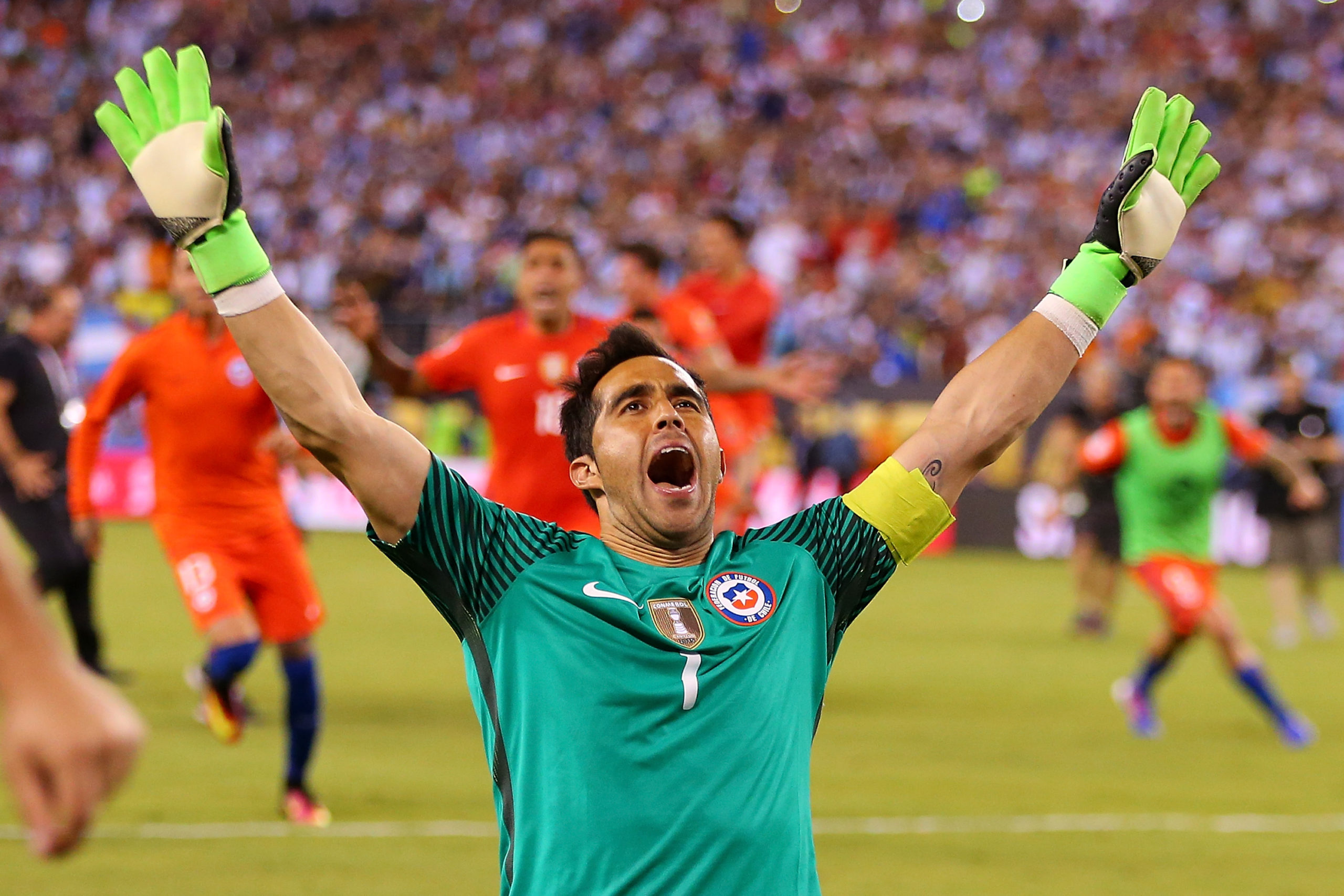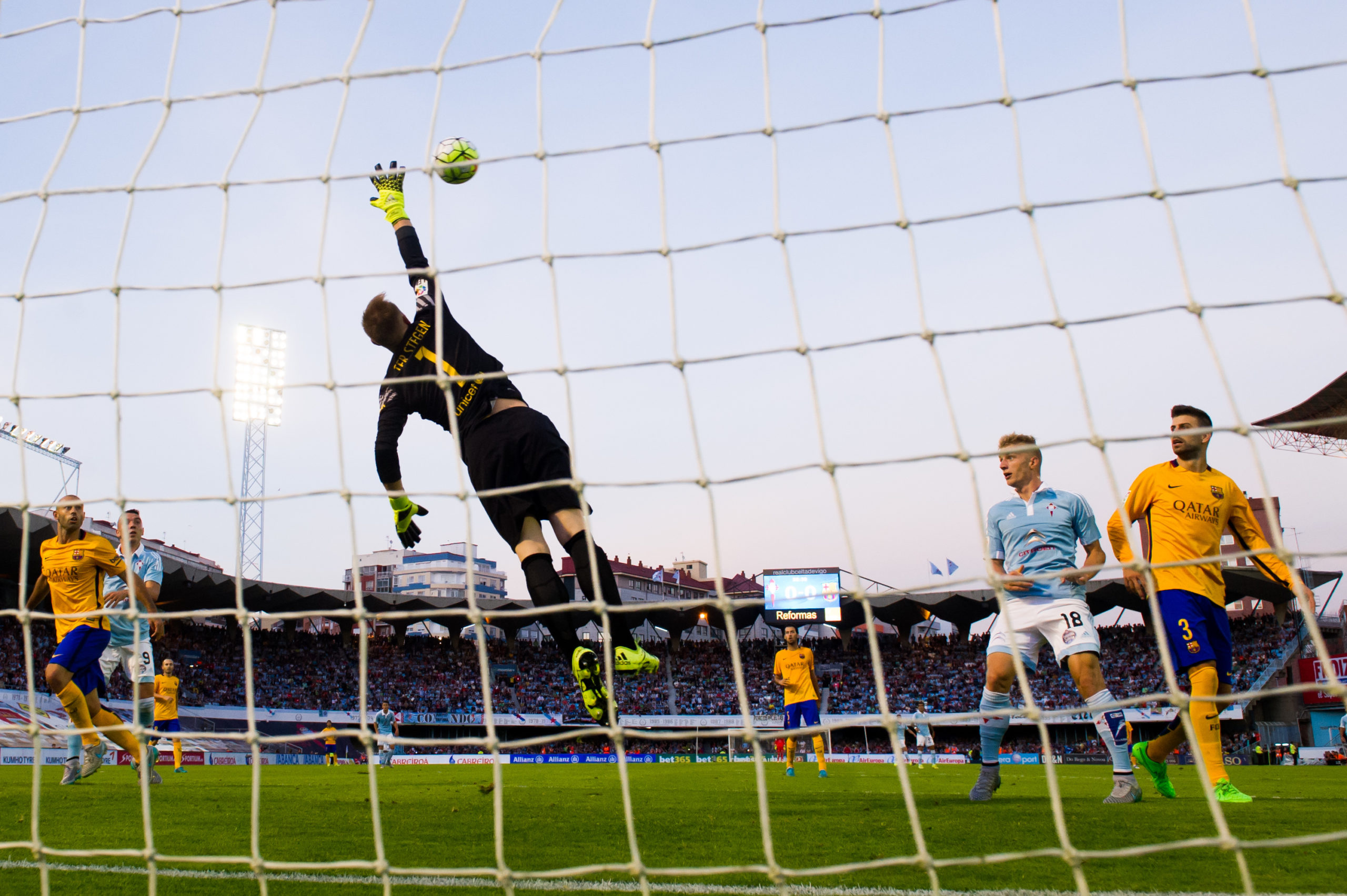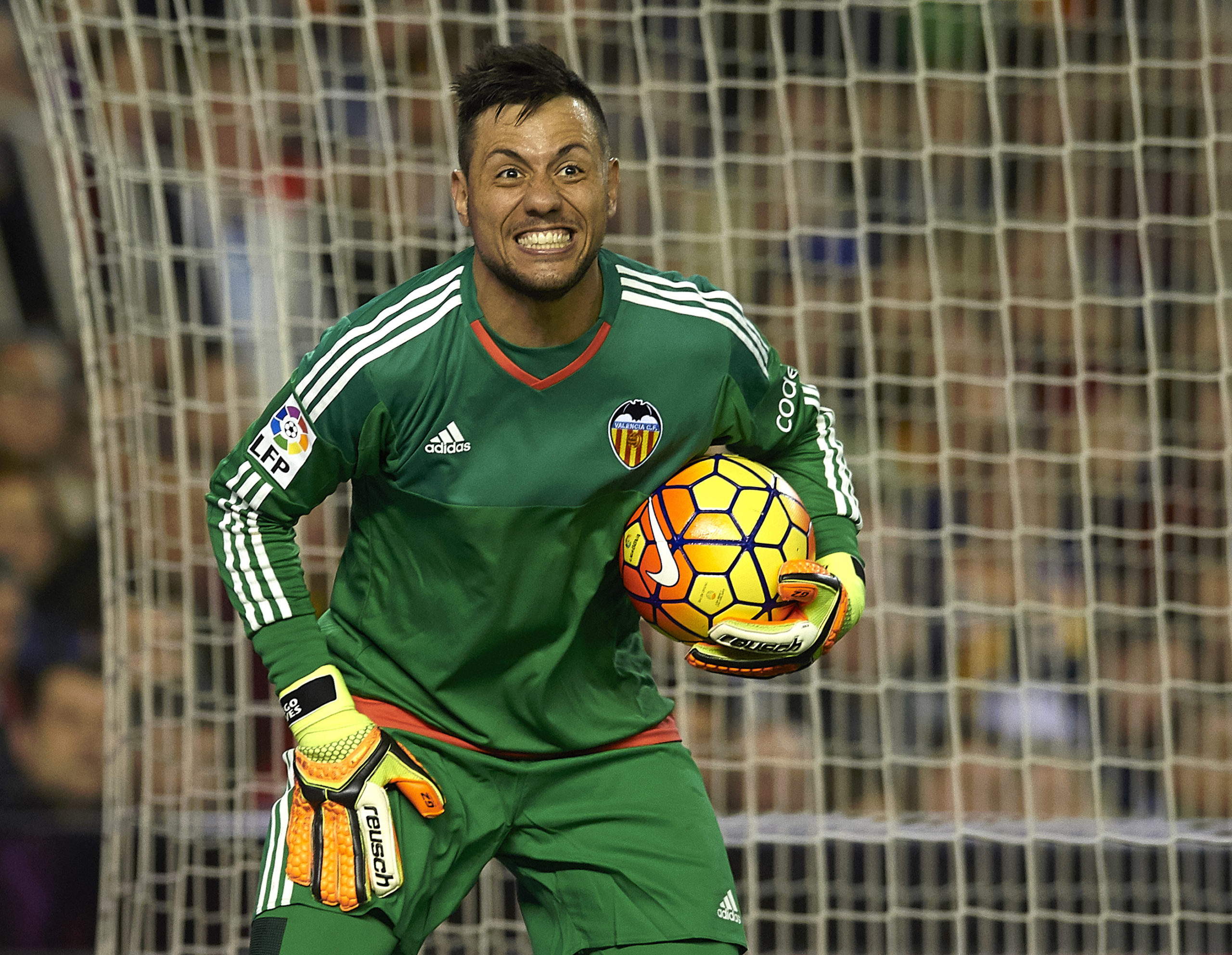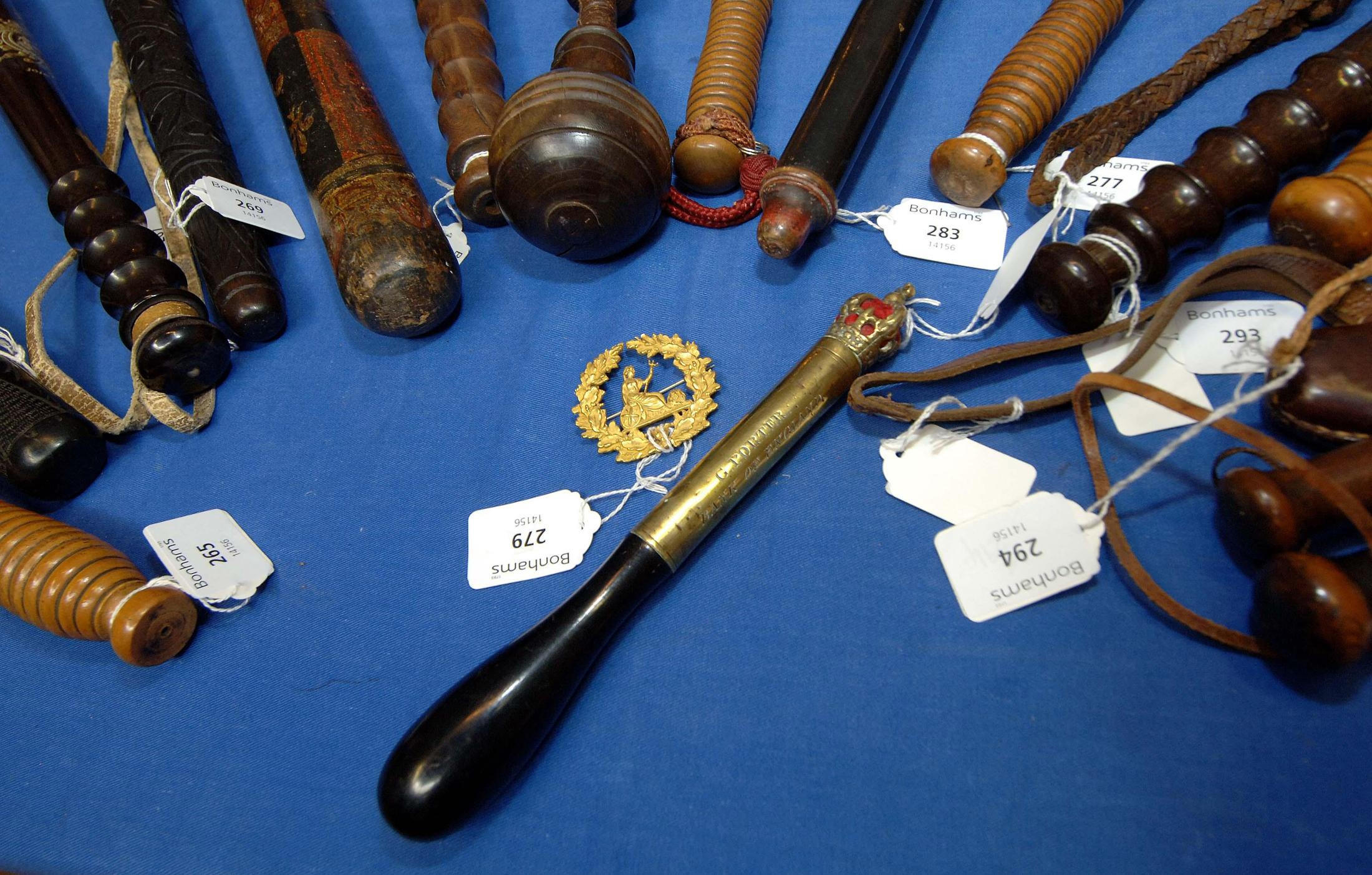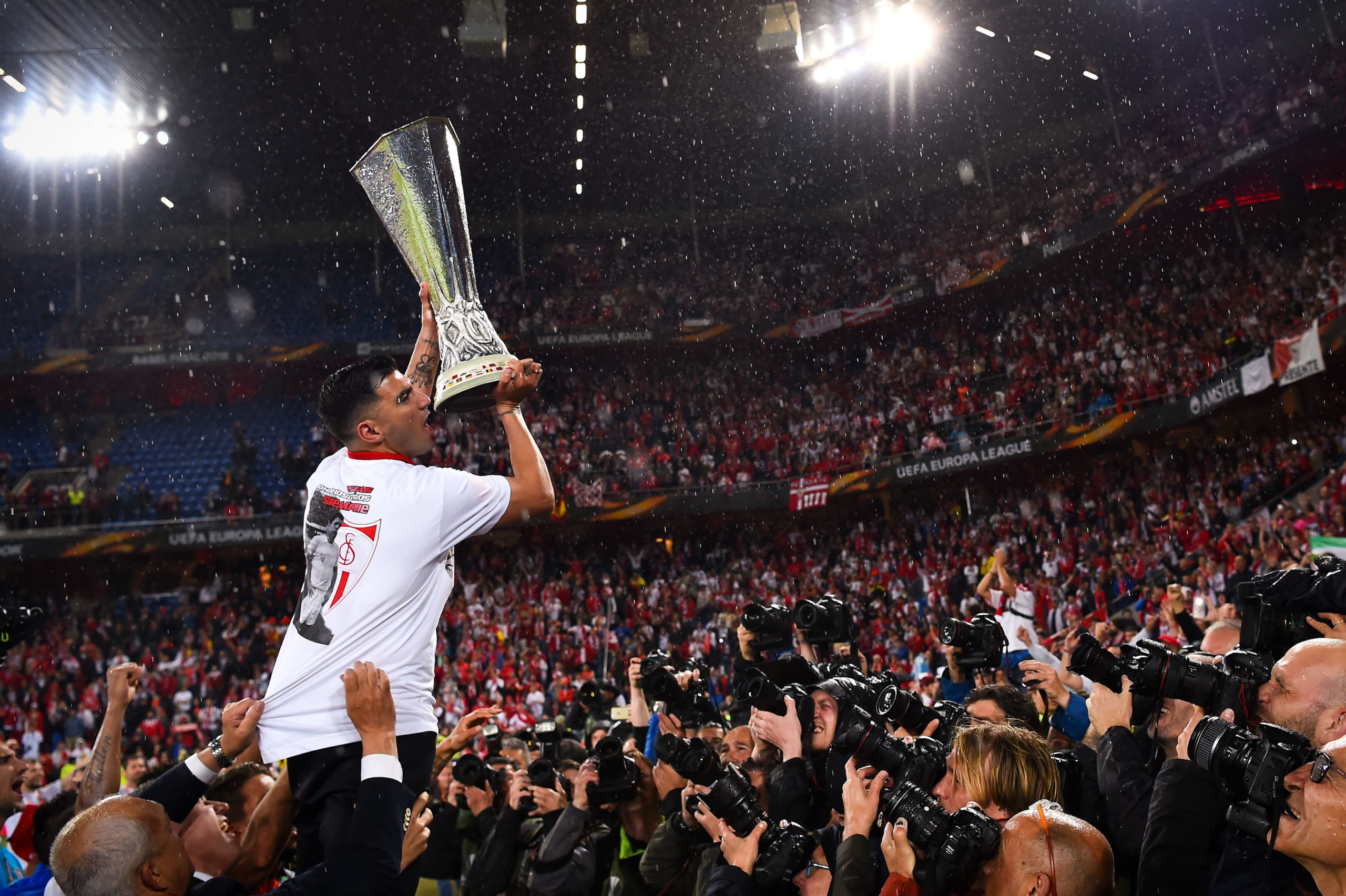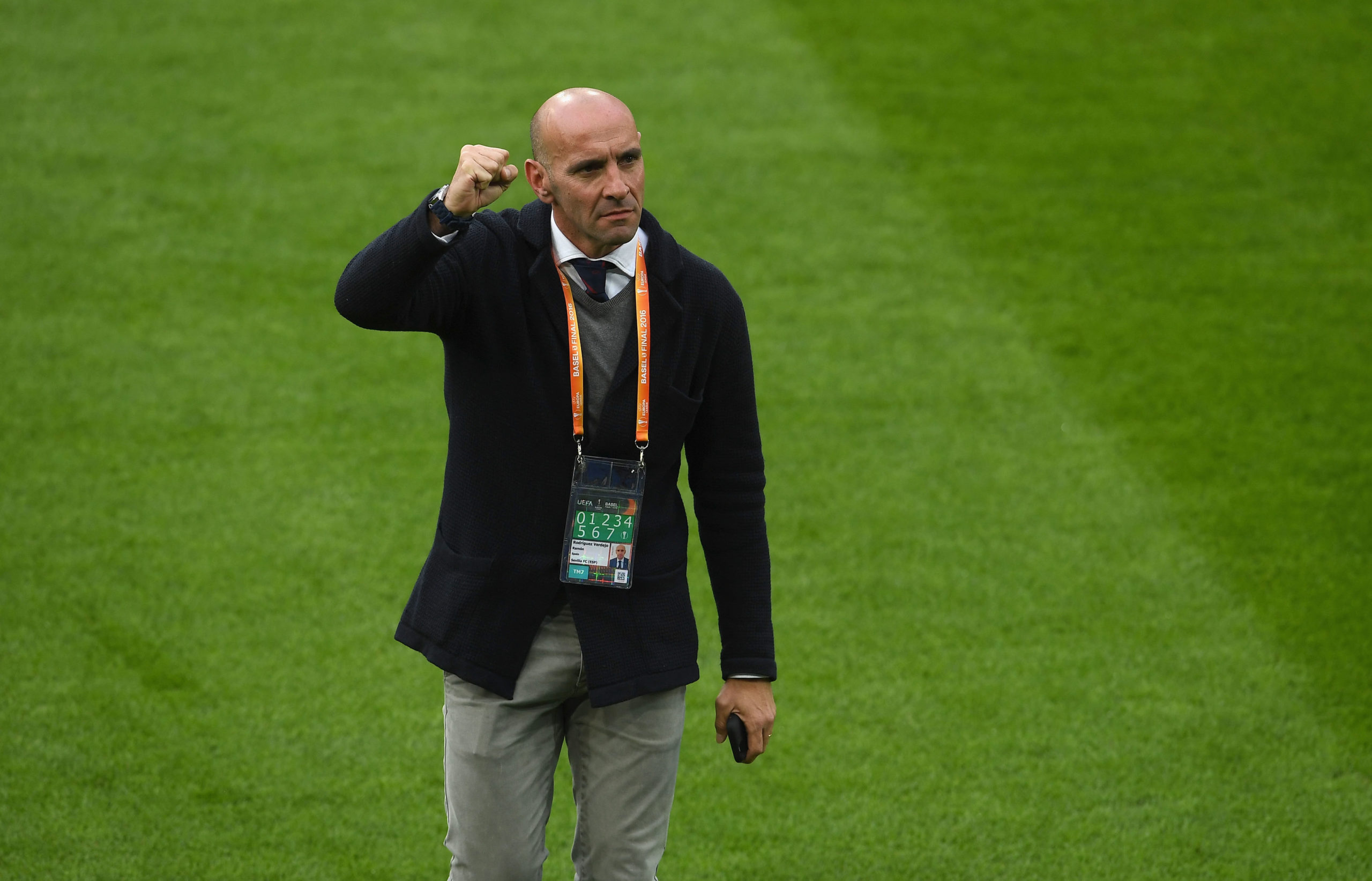I like the story of the guy who’s got two girlfriends on the go at the same time but comes to the conclusion that he’s going to have to make a choice between them.
Eccentric as he is, he takes them down the local park and kicks a football in their general direction.
One of them shrieks and leaps out of danger.
The other dives full length, grabs the ball, gets up, bounces it once and boots it up the pitch.
An old mannie walking by gives him the advice he’s been looking for: “That one’s a keeper, mate.”
Good as it is, you could tell that joke to Luis Enrique right now and he’d probably not crack a smile.
On the face of it things look bright and smiley for the Spanish champions as they begin to wind down their pre-season preparation with a match on hallowed ground – Gothenburg’s Ullevi Stadium – against Liverpool tonight.
Leo Messi reported back early for training, others like Suárez, Piqué and Mascherano followed suit while the club has pushed through a re-stocking and rejuvenation of the squad which, at very least, looks interesting and invigorating.
André Gomes – European champion as of this summer – Samuel Umtiti – European Championship finalist as of this summer, Denis Suárez and Lucas Digne are all footballers of noticeable qualities and either 23 years old or younger.
Neymar, so long as he remains uninjured during the Rio Olympics should report back fit and trim, just as the season gets going.
Not the worst panorama imaginable.
But the issue which is going to perplex Luis Enrique and his director of football, Roberto Hernández, is that of Barcelona’s goalkeepers.
Each of them has demanded to be first choice – each of them has a club, or clubs, queuing up to sign him.
The Catalans have a housekeeping problem, and it’ll need the wisdom of Solomon, or at least someone, to solve it.
Tell you what – you decide.
Precisely two years ago Barça’s subsequently sacked director of football Andoni Zubizarreta did some pretty special business.
He signed both Claudio Bravo and Marc André ter Stegen for £19m in total, thus performing a Fort Knox on Barcelona’s goalmouth for the following two seasons while the club won seven trophies.
Thus far the deal has worked like this.
The Chilean, Bravo, plays La Liga matches while the German, Ter Stegen, plays Champions League, Copa del Rey and, usually, bonus matches like the Super Cups or World Club Cup.
Many teams across the continent have thought for a long time that it’s both healthy and competitive to rotate keepers between league and cup competitions.
It’s still sneered upon in England, and there aren’t too many clubs in Scotland, so far as I can see, with the resources to make that a policy rather than an occasional whim.
But while clubs in France, Italy, Germany and Portugal all often show examples of interchanging their keepers depending on the competition it’s usually a tactic when there’s an established first team regular, who can do with a rest, and a budding youngster, who can benefit from the experience.
That’s not the case here.
There may have been similar cases across the years, although few come to mind.
The only genuine comparison I can make from my experience is the crazy years during the late 1970s and early 80s when Ron Greenwood felt incapable of choosing between Peter Shilton and Ray Clemence and so, ludicrously, alternated them for England.
Ter Stegen and Bravo are exceptional keepers, there’s no question about that.
This is their tale of the tape.
Since signing from Real Sociedad, Bravo has played 72 times, won three trophies as starting keeper – two Ligas, one Club World Cup – plus the individual Zamora award, given to the La Liga keeper who concedes fewest goals per game in a campaign.
Since joining from Borussia Mönchengladbach, Ter Stegen has been first choice 47 times winning four trophies as starting keeper – two Copas Del Rey, one Uefa Super Cup and one Champions League.
[graphiq id=”4HVyPGS7E7H” title=”Claudio Bravo” width=”500″ height=”748″ url=”
https://w.graphiq.com/w/4HVyPGS7E7H
” link_text=”Claudio Bravo | Graphiq” link=”]
Bravo is the guy who came on the personal recommendation of Luis Enrique and who has gone on to inspire Chile to two consecutive Copa America victories – just remarkable stuff.
Their first and second ever tournament wins, he conceded only 9 in 12 matches and saved a penalty in each of the finals.
Two Liga campaigns, two wins. Solid as a rock and just perhaps one noticeable error in all those matches.
Ter Stegen has a different story. Handpicked by goalkeeping legend Zubizarreta, he’s clearly less experienced but can improve the way he deals with the ball aerially.
[graphiq id=”655XbjGSMYd” title=”Marc-André ter Stegen” width=”500″ height=”748″ url=”
https://w.graphiq.com/w/655XbjGSMYd
” link_text=”Marc-André ter Stegen | Graphiq” link=”]
But he’s also a phenomenon. Not just good with his feet he’s possibly the best footballing goalkeeper anywhere, immensely suited to the Barcelona system and also an agile, concentrated, ambitious, athletic player who’s hungry to better himself, to win trophies and to oust Manuel Neuer from the national team.
He, of the two, was the first to say publicly that he was unhappy being rotated across the tournaments, to admit that he wished to play as first choice in league, cup and Europe.
Bravo, initially silent on the subject, has made it clear to the club that if he’s deposed from being first choice Liga keeper he’ll ask to leave. Each player has, thus far, been told by the club if you want to leave then get the buying club to pay your buyout clause.
Which means 40m euros for Bravo, and 80m euros for Ter Stegen.
And while it’s a stretch to see anyone coughing up the full amount for either man, it’s not as if Barcelona couldn’t do with the influx of cash.
Word is that they’d outlay some of it on Valencia’s Diego Alves as back-up keeper. Clever move that would be.
But it’s not the old managerial cliche of a nice problem to have when faced with too many playing riches.
Barcelona have been superbly served these last two seasons, each keeper has had rests to stay fresh and the level of competition between them is intense.
Not things any coach wants to toss away.
Stegen is, with Toni Kroos, one of the two big remaining targets for Pep Guardiola. Meaning that selling Bravo, the older man by nine years, is the only logical response other than keeping two unhappy, resentful keepers.
Problems, problems. And the season’s not started yet.
Sevilla story runs and runs …
There’s an awful temptation when you are writing a sports column to make out as if you have all the answers, as if any apparent mystery is actually clear as crystal to you.
Anyone who attempts to sell that narrative to his editor about Sevilla over the next few weeks should really have his fingers rapped so strongly with a truncheon that typing is off the agenda until at least October.
Mayhem is the only way to describe the summer as far as the reigning – in fact three-time consecutive – Europa League winners are concerned.
Perhaps that turbulent final, against Liverpool in May, should have been read as an augur.
Sevilla were out for the count and being administered smelling salts as the half-time whistle sounded.
One-nil down, it could have been five. I spoke to one ex-Liverpool star this summer and he admitted that in the break he was “only disappointed that we weren’t going to get to watch a decent game”.
Sevilla not only scored three in the second half, they simply extinguished Jürgen Klopp’s previously rampant team.
Within days two things were evident. Coach Unai Emery was leaving for the big bucks of PSG – and Sevilla’s resident genius, their player spotter, Monchi, wanted to join him.
He told the board he wished to leave, and after more than 16 years of work which have, conservatively, made the club millions, he thought he’d get his wish.
The board simply said: “No chance mate”, your contract is until 2020 and unless PSG want to pay many millions for you, then forget it’.
He’d quoted stress, anxiety and a need to change pastures. They ignored it.
Promptly, four of the team who started that final had left, sold or after refusing to renew their deal. Coke, Banega, Krychowiak and Gameiro.
Forwards Immobile and Reyes followed and so will Llorente.
New coach, Jorge Sampaoli, was no sooner appointed than Argentina came knocking to invite him to take over from Tata Martino. He wanted to go, but Sevilla said no.
So if you are near Sevilla’s stadium offices this summer before the transfer market closes, don’t go near the revolving door. It’ll knock you off your feet. You’ve been warned.
